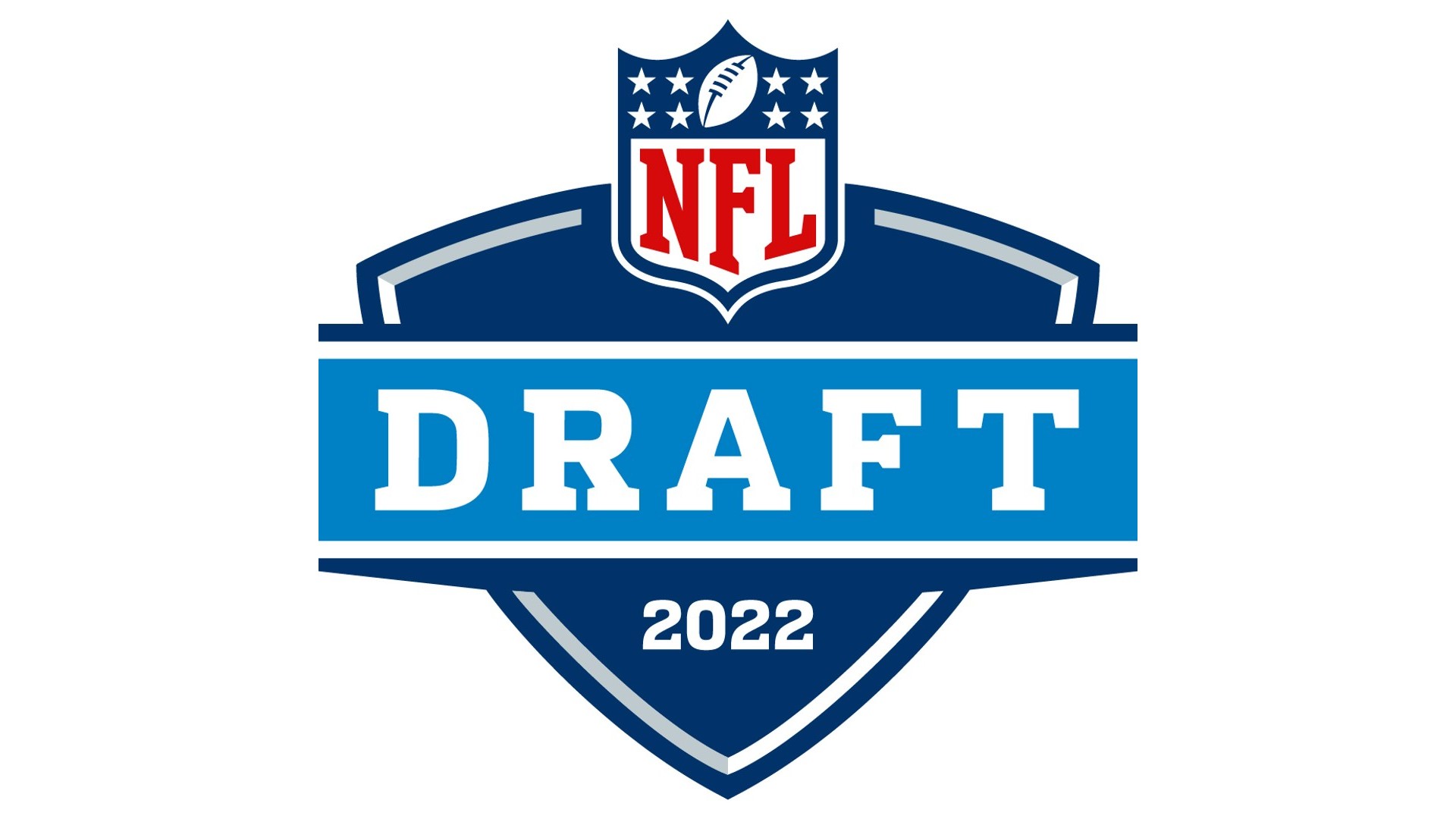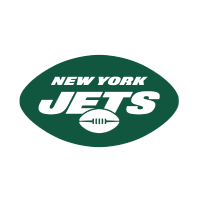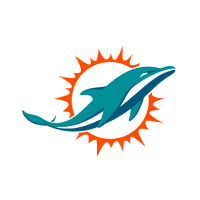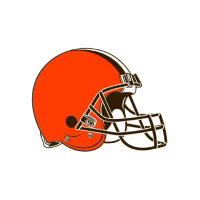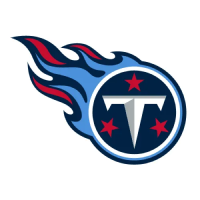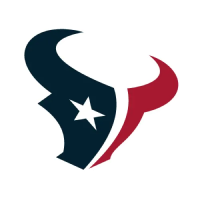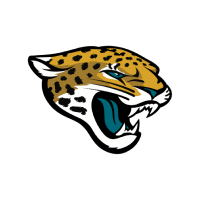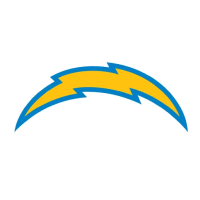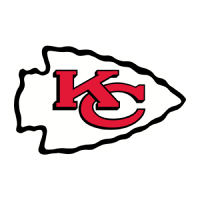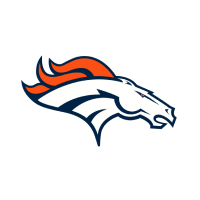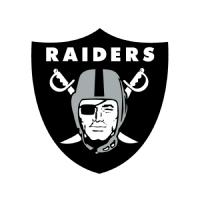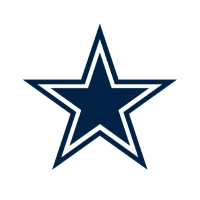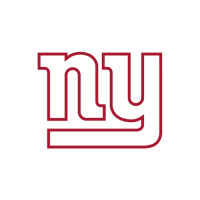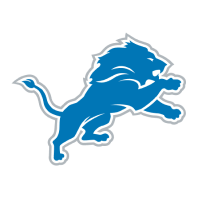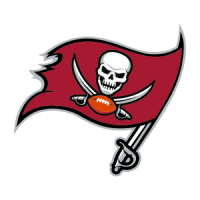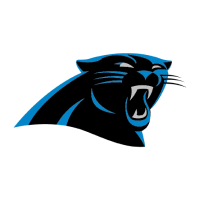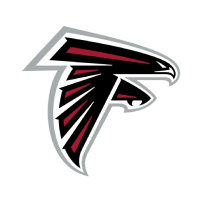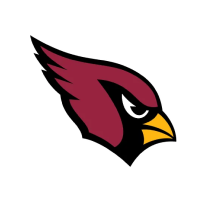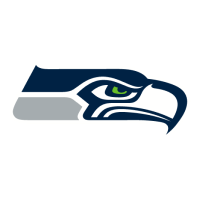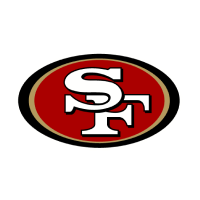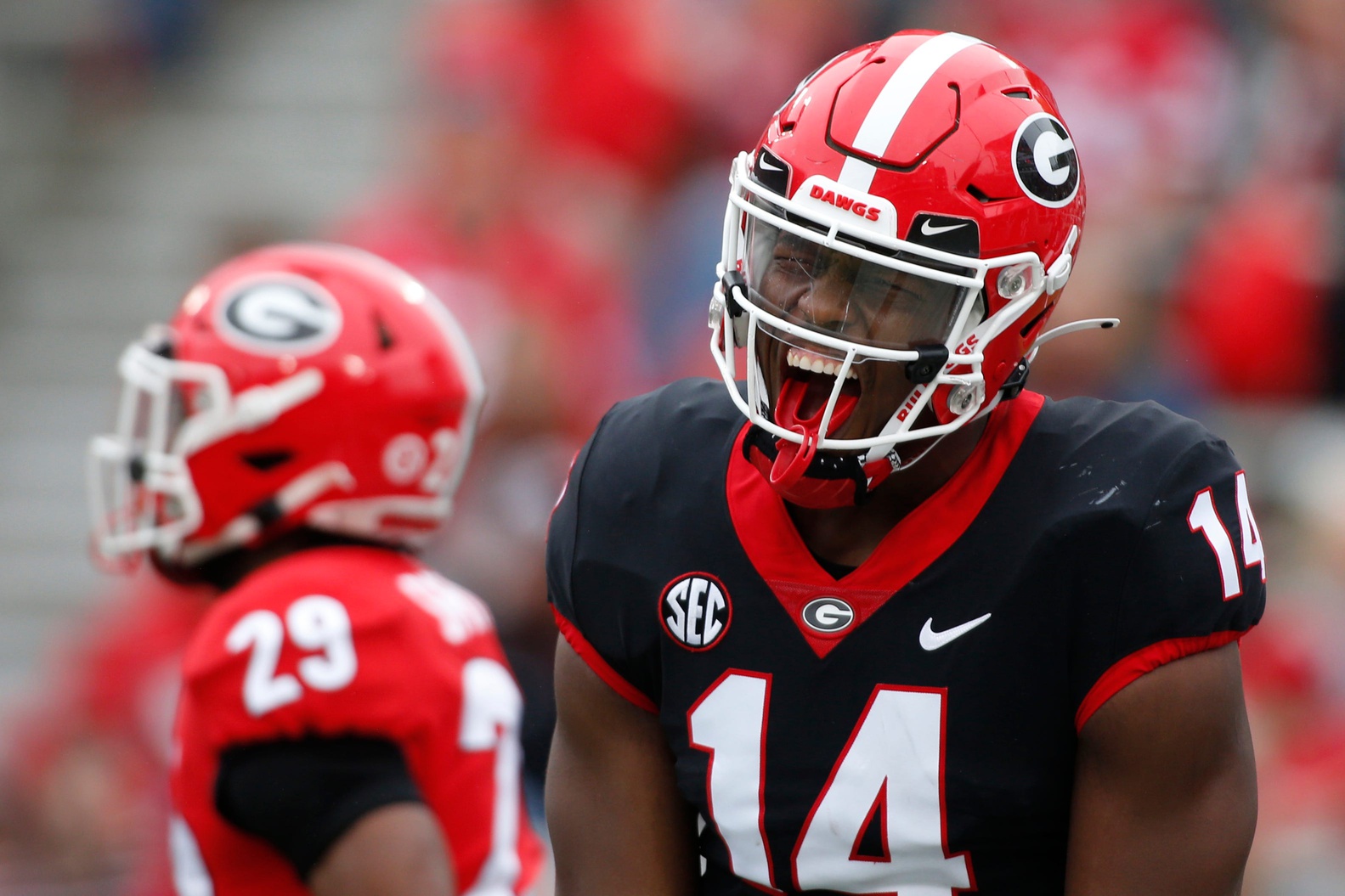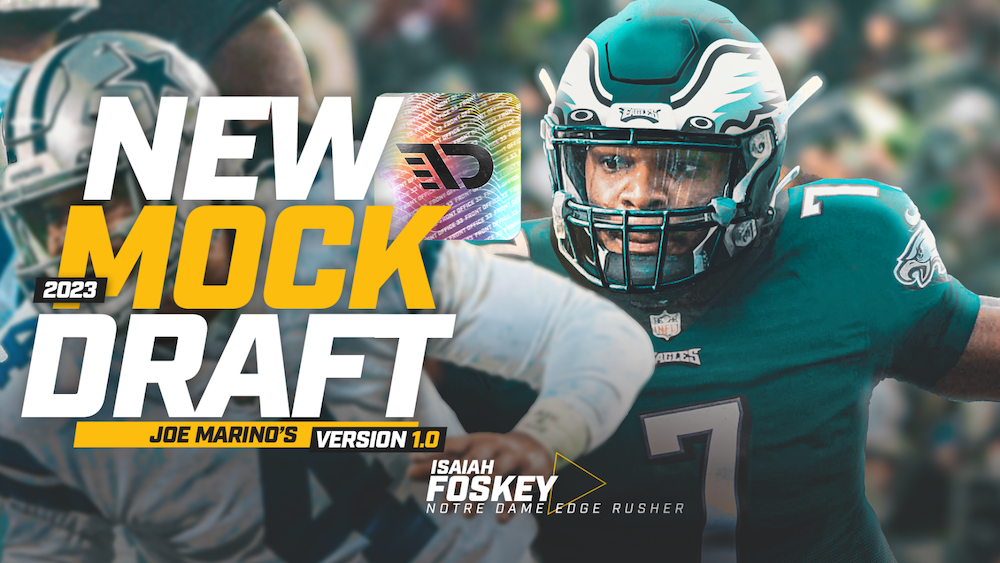Russell Wilson has been frustratingly positive throughout his storied NFL career. In the quarterback’s near decade-long stint with the Seattle Seahawks—which includes two consecutive Super Bowl appearances (one resulting in a championship), eight playoff appearances, eight Pro-Bowl selections, and second-team All-Pro honors—he’s always been mild-mannered. Wilson epitomizes the characteristics of what teams look for in an elite passer. He regularly shoulders the blames, takes accountability even when the fault—often when the fault—lies elsewhere. Wilson has rarely ruffled feathers; and fans—at one point, this fan—would be often annoyed by Wilson’s incessant need to spin everything, and I mean everything, into a positive.
A lot of that has changed recently. The Seahawks are still winning, but not at a rate Wilson deems as enough. Wilson’s positivity, especially during stretches of what seems to always be a turbulent Seahawks season, turned more into self-affirmation this year; it was a reminder that no matter the decisions of head coach Pete Carroll, and whether the team would continue to “Let Russ Cook” or revert back to its establish-the-run approach, Wilson would (or at least try) to be great. Wilson, who always prioritized community outreach, was more vocal as a player activist and in the Black Lives Matter movement than ever before. His outspokenness extended to the gridiron and recently—as well as the basis for this look into a potential deteriorating situation in Seattle—Wilson expressed his building frustration with the Seahawks.
In the most detailed account of Wilson’s growing frustration with the organization, The Athletic’s Michael-Shawn Dugar, Mike Sando, and Jayson Jenks gave new insight into the storm brewing in the Pacific Northwest:
“For some time, Wilson has sought — even pushed — for influence within the organization regarding scheme and personnel. In the meeting, he outlined his own ideas for how to fix the offense. His suggestions were dismissed, multiple sources told The Athletic — another reminder to Wilson that the Seahawks did not see him the same way he saw himself, as a player who had earned greater control over his situation, his future, his legacy.”
Perhaps Wilson is creating his most impactful play yet: leverage. What’s missed by some, including anonymous sources quoted in the article, is that Wilson has been in a less-than-ideal situation for most of his career. This year’s Super Bowl and the lack of postseason success in the past six years have put added pressure on Wilson and the Seahawks. While some would say Wilson isn’t taking enough of the heat, a more macro perspective would show an incredibly layered situation. It’s one that calls for patience when discussing Wilson and much-needed accountability for a coach that has often skirted around such a thing under the guise of being a players’ coach.
“‘He’s finally catching heat,’ one person told The Athletic. ‘That’s the main reason for all of this. … People are talking and holding him accountable because he’s one of the highest-paid quarterbacks, he says he wants to be the greatest, so now people are holding him to that standard.’
“Another source agreed: ‘What [Wilson’s] trying to do is save face.’”
The Seahawks were able to mask a lot of its woes, for years, with a fear-inducing defense—led by their secondary, which was affectionately known as the Legion of Boom—and a run game featuring veteran Marshawn Lynch, who quite literally bulldozing his way through opposing defenses over and over and over again. The offensive line has long been a problem for the Seahawks and continues to be one; this is where the bulk of Wilson’s frustrations lie. The Athletic depicts Seattle’s current status steaming from a mix of salary-cap gymnastics, Wilson’s own mega-extension, and Carroll and general manager John Schneider prioritizing players that helped distract from the team’s fatal flaws; almost all of the players Seattle prioritized at the time are no longer with the team, remaining are linebackers Bobby Wagner and K.J. Wright (for now).
“In 2015, he threw for a then-career-high 34 touchdowns against eight interceptions while playing behind a bottom-five offensive line. The 2016 season — when Wilson suffered leg injuries early in the year but started every game behind Pro Football Focus’ last-ranked pass-blocking line — was much of the same. Wilson hired a nutritionist after the season to trim weight and re-tool his body. He figured if he was going to take a beating, he needed to be prepared.
“Lacking a consistent run game in 2017, Wilson accounted for 37 of Seattle’s 38 touchdowns, led the team in the rushing, led the league in passing TDs and returned to the Pro Bowl — all while again playing behind one of the league’s lowest-graded offensive lines. But the Seahawks thought Wilson was also part of the problem.”
After Wilson’s most honest and brutal criticism of the Seahawks to date, rumors of a potential trade immediately surfaced. The teams included the Miami Dolphins, New York Jets, New Orleans Saints, and Las Vegas Raiders. More recently, the Dallas Cowboys and Chicago Bears were also linked to a possible trade. Wilson’s team, however, has yet to request a trade, and, because of the no-trade clause Wilson negotiated in his 2018 history-making contract extension, he’ll have to sign off on any deal the Seahawks pursue.
The sensationalization of Wilson’s frustration is in part due to a number of teams looking for a high-caliber quarterback and the quarterback market being less than ideal; in terms of reliable, win-now passers, Dak Prescott is the best option and he’s still heavily intertwined with the Cowboys. It’s also, at its core, a very intriguing story. The layers uncovered by The Athletic don’t add any more fuel to trade rumors circulating; it’s unlikely Wilson will land elsewhere this offseason or in the coming years—although the latter is merely an assumption based on sentiments Wilson has previously expressed. Instead, it highlights the increasing tension between aging play-callers and quarterbacks taking the field. In Seattle’s case, Carroll’s insistence on sticking to a game plan that was once very successful but is currently lacking the personnel and executive to relive that success is negatively (and loudly) impacted the one person keeping the franchise relevant.
Wilson’s always going to win; if given the option to put the ball in any quarterback’s hands with the game on the line, Wilson is arguably at or near the top of the list. It’s where that frustrating positivity comes into play; the more he vocalizes it, the more likely it’s going to happen, right? But the totality of Wilson’s career so far has been lacking in his eyes. He’s yet to garner an MVP vote, yet to make it back to the NFC Championship Game since the team’s maddening 2014 loss to the New England Patriots in Super Bowl 49, and yet to build a lasting legacy with quantifiable NFL success.
Wilson is not evading any blame, and there were points in the 2020 season specifically where he could have been better—a lot better—and multiple reports of Wilson being coddled, as The Athletic noted, also play its role in the ballooning tension. What Wilson is able to do as a clear light is shined on Carroll’s dismissal of his own wishes is continue to apply pressure. If the Seahawks won’t listen to and better utilize, protect, and support one of the league’s most dynamic, electrifying quarterbacks, maybe another team will.
Filed In
Related Articles
NFL Draft
Arik Gilbert Doesn’t Need Big Workload To Be A Top NFL Draft Pick
- Aug 22, 2022
NFL Draft
2023 NFL Mock Draft: Marino 1.0
- Aug 22, 2022
Written By
